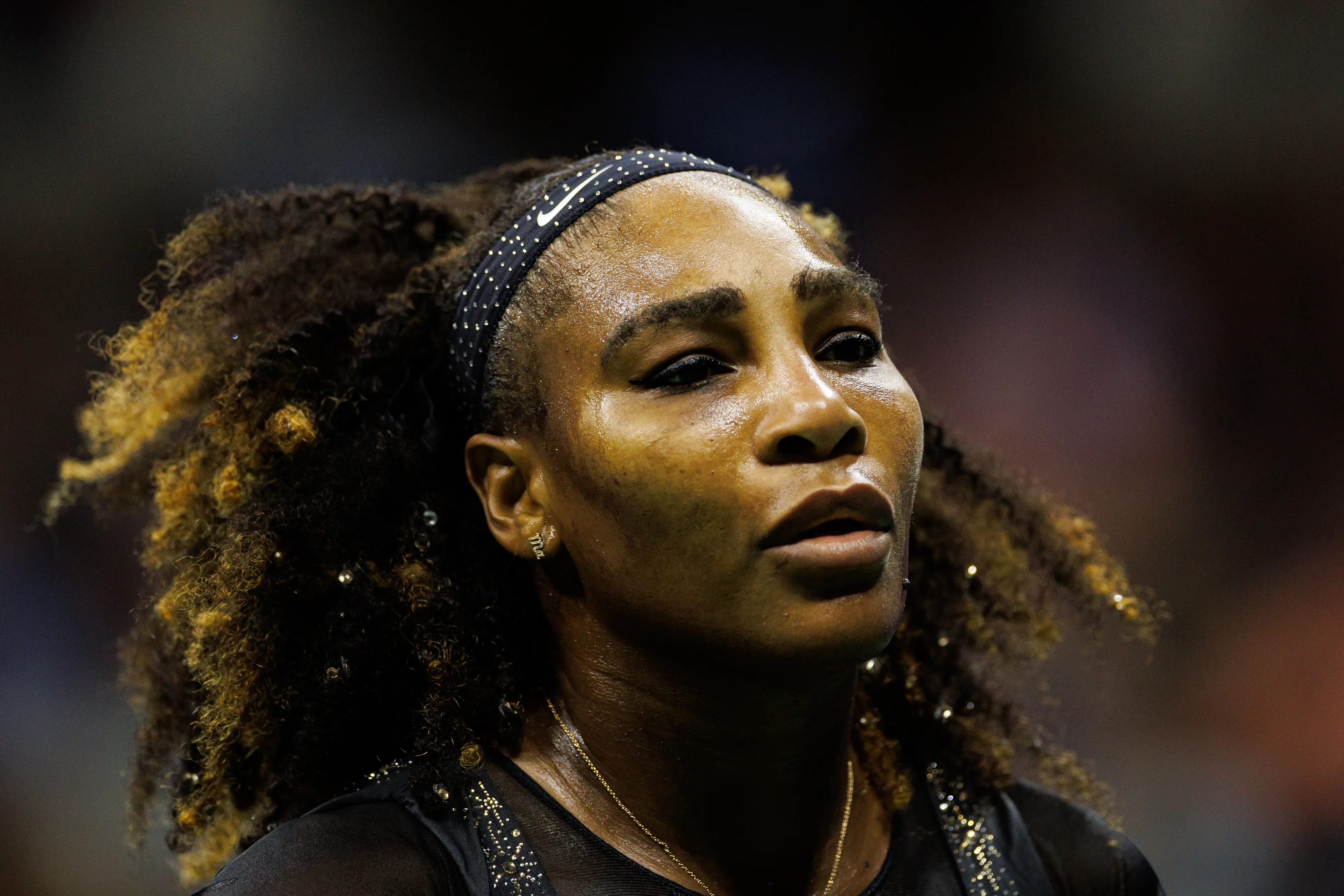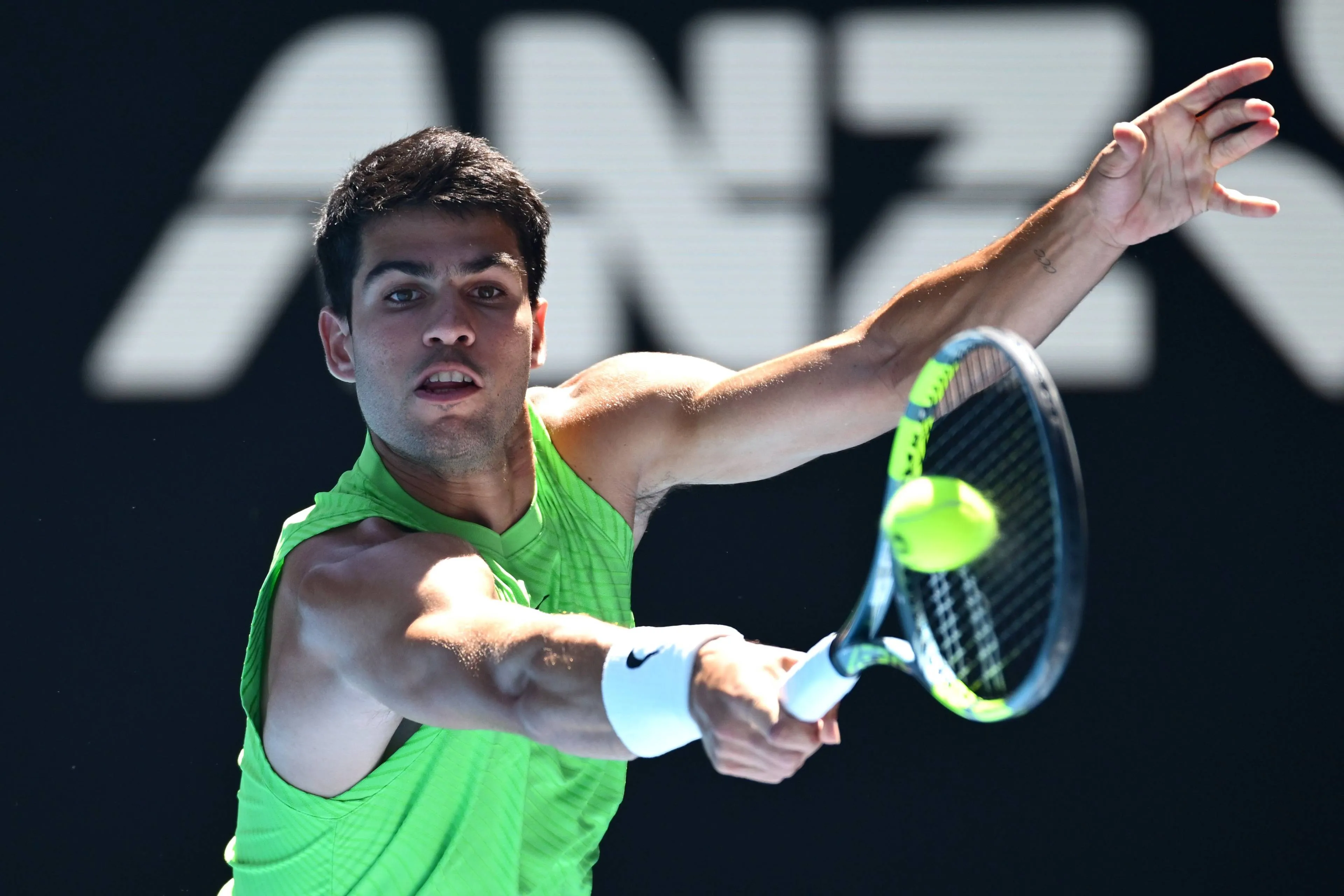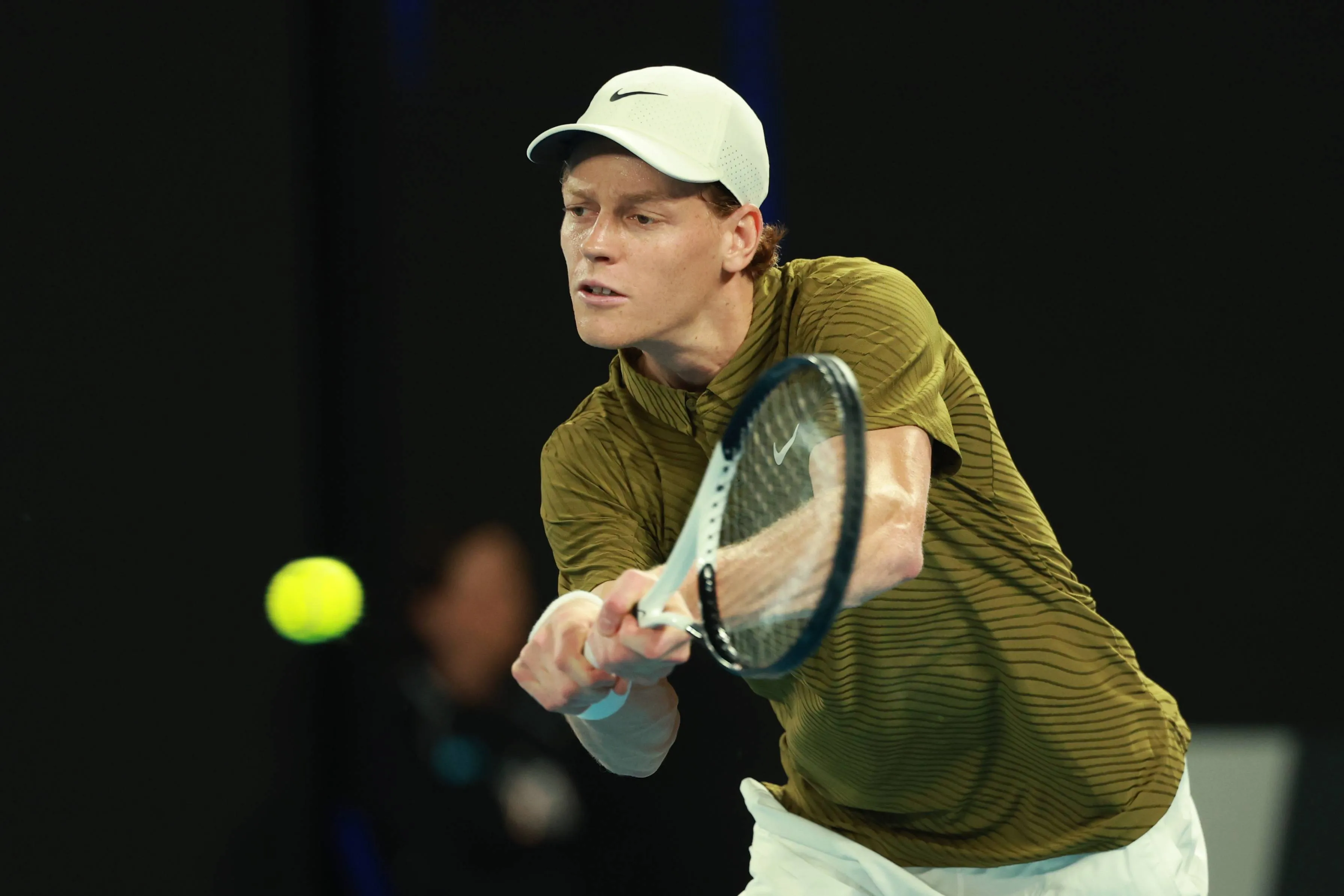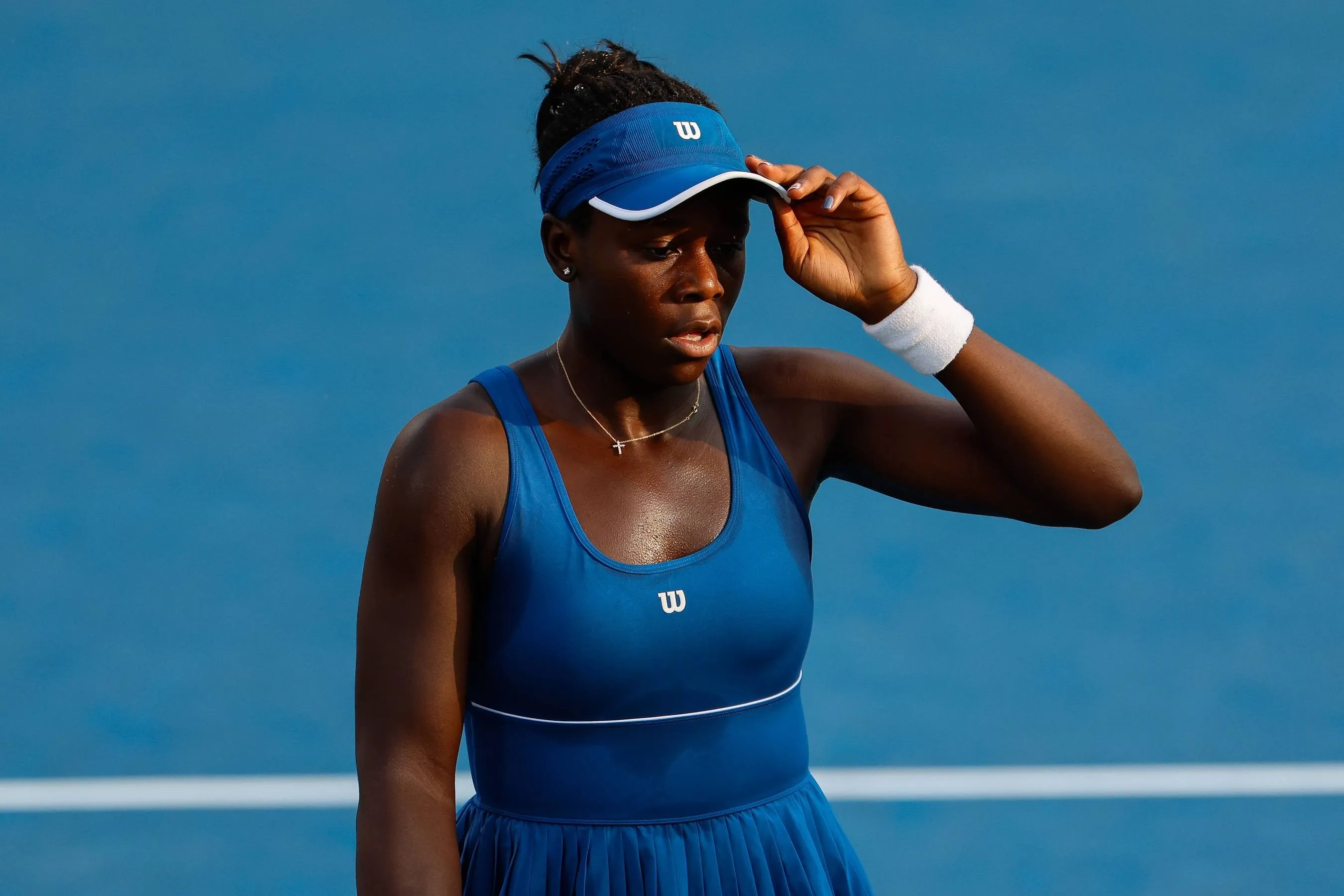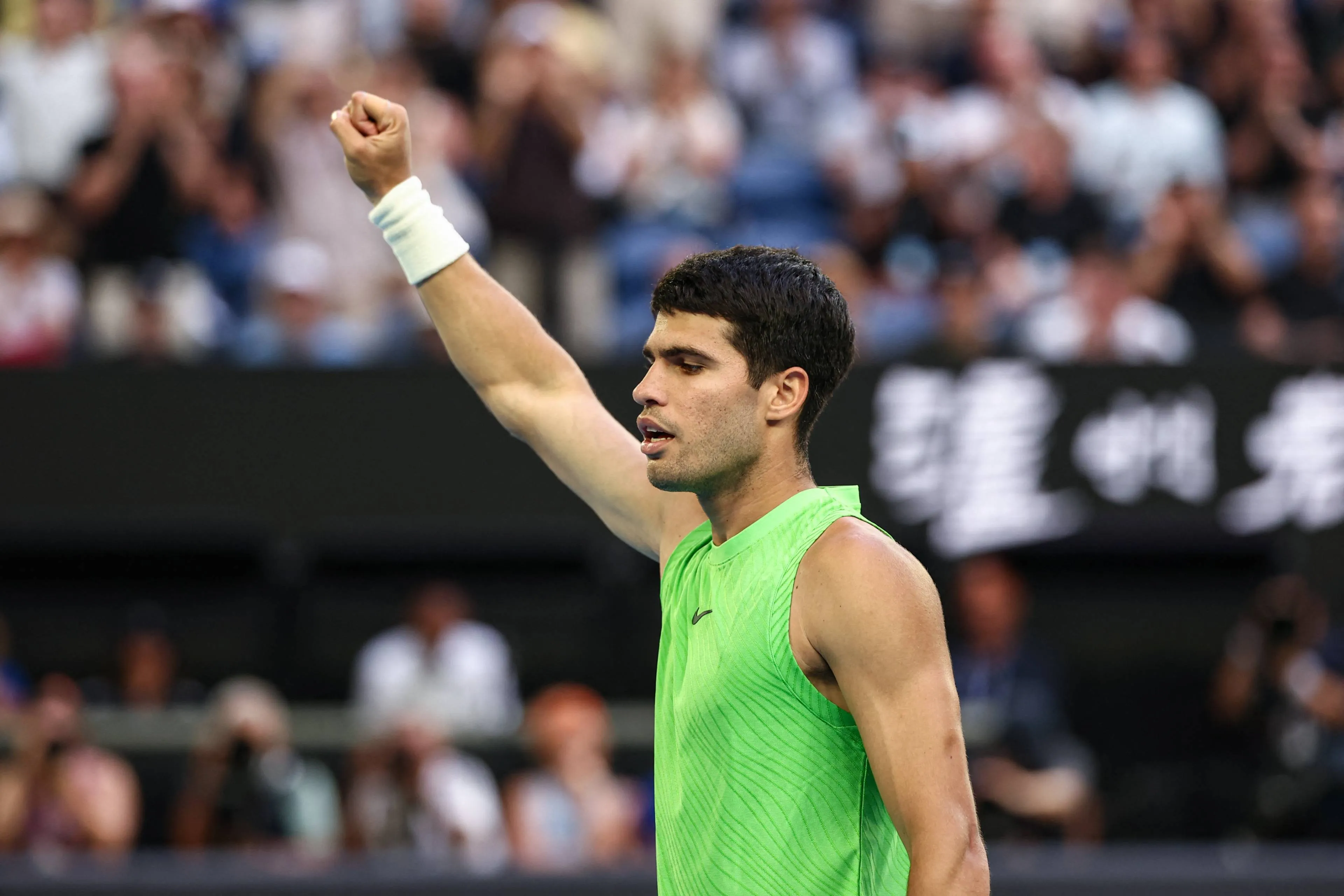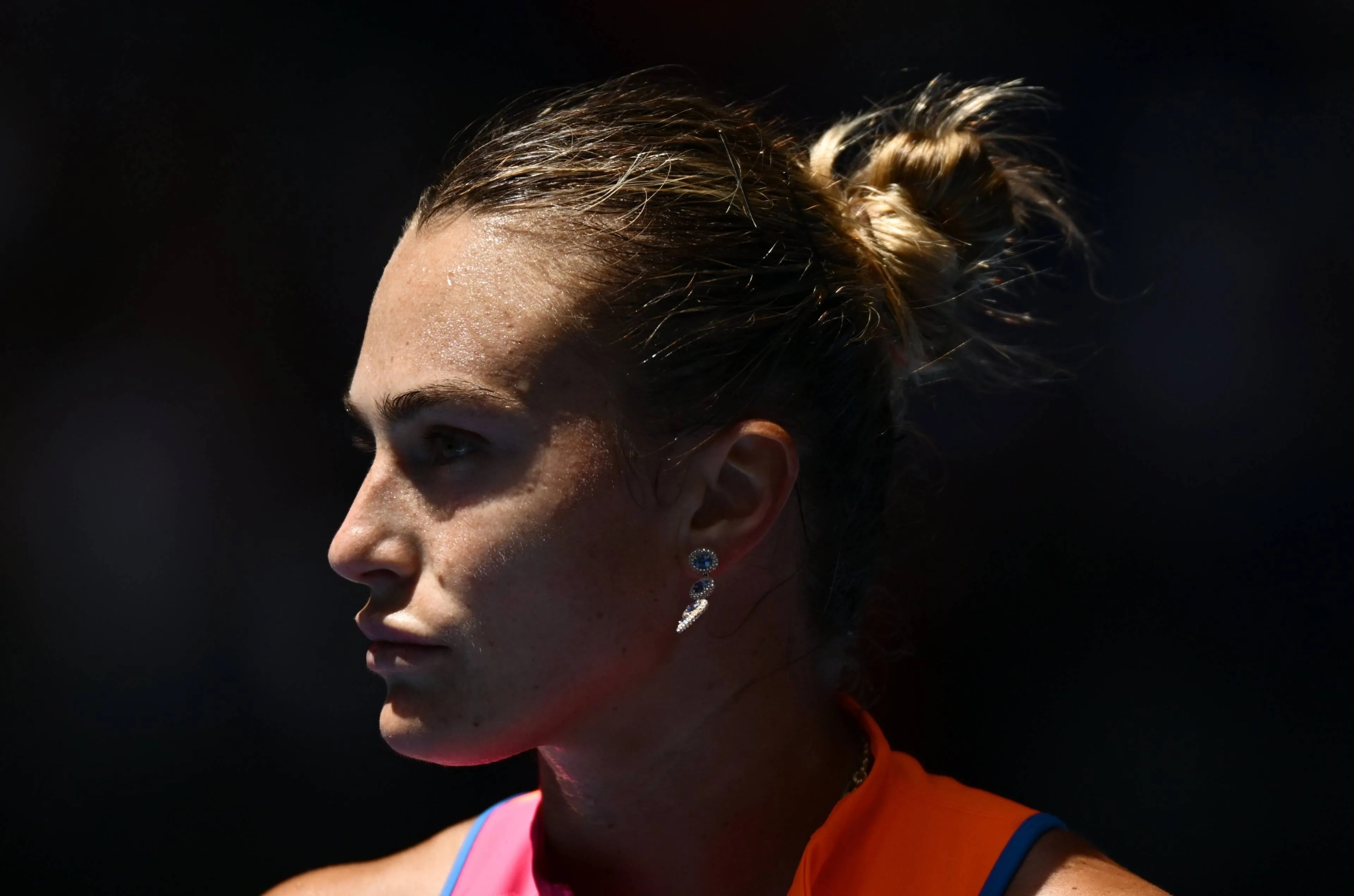Juan Martin del Potro says he has been left "with nothing" after retirement
ATPWednesday, 28 September 2022 at 21:30
Updated at Monday, 31 October 2022 at 11:28

Juan Martin del Potro has revealed he is struggling to come
to terms with life after tennis.
The Argentine former World No. 3 announced his retirement
earlier this year after being plagued with injury setbacks that curtailed a
once flourishing career.
And now the 34-year-old admits the constant setbacks he has
suffered both before and after retirement are getting increasingly hard to accept.
Speaking in a recent interview with Argentinian newspaper La
Nacion, Delpo described feeling like he has been left “with nothing.”
He said: “I can’t psychologically accept a life without
tennis.
“I did not have a gradual transition to the after, I did not
prepare, I have no idea what the other athletes did to live this process
peacefully.
“I was No. 3 in the world, then suddenly I broke my knees
and here I am, with nothing.”
Del Potro made a name for himself in 2009 when he became the
first man to beat both Rafa Nadal and Roger Federer in the same tournament at
the US Open.
After winning the event, his only Grand Slam title, he
underwent wrist surgery just a few months later.
This was followed by more wrist surgery in 2014, keeping him
off the tennis court for two years.
Then, in 2018, he suffered the first of two fractured
kneecaps, a setback that would ultimately prove be the one that forced him to
make his retirement decision after this year’s Argentinian Open.
Despite the announcement, Del Potro explained he has still
be looking at ways to return to the sport he adores, even taking advice of
fellow tour pros on means off recovery.
“I recently went to Switzerland to see another doctor,” he
added.
“I started another treatment, it was recommended by many
tennis players and so far I have not even had a positive result.
“Imagine what it’s like after every treatment attempt or
surgery, the frustration I can feel when things don’t work out. As usual I
delude myself, I hope, I have faith in every new treatment I try and, when this
fails, the blow is hard.
“This is my reality, which is hard, it is sad, but I always
try to improve my situation and my new challenge is also to live in the best
possible way, even psychologically, despite my problem.”
Loading
